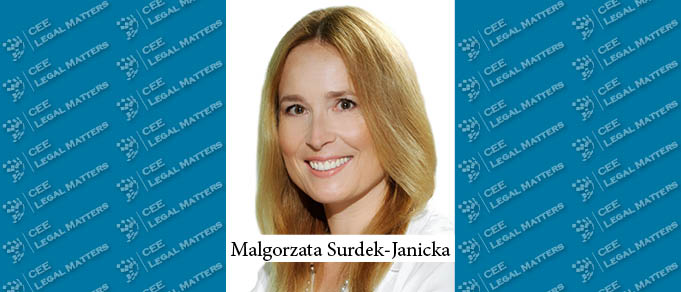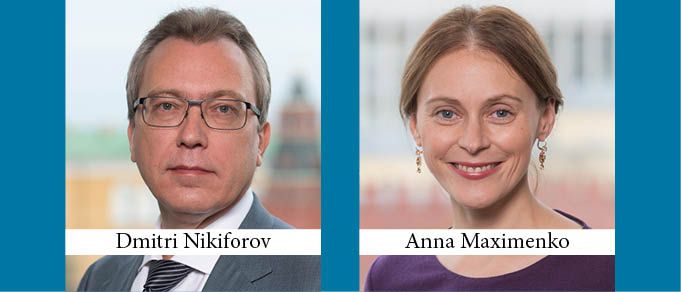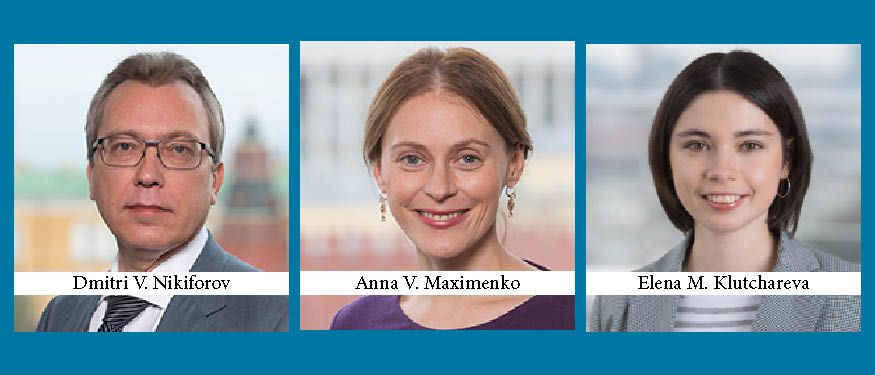Debevoise & Plimpton, Dentons, Dechert, and CMS have announced they are closing their Russian offices and exiting the market.
ICC International Court of Arbitration Appoints Malgorzata Surdek-Janicka as Vice-President
CMS' Malgorzata Surdek-Janicka has been appointed as Vice-President of the International Court of Arbitration at the International Chamber of Commerce in Paris. Aside from Surdek-Janicka, 33 lawyers from CEE were appointed as members and alternate members of the court.
Digitalization: On the Road to Regulation
During the last decade, customary business processes have been disrupted by new financial technologies such as blockchain, cryptocurrencies, blockchain tokens, and smart contracts. The appropriate regulation is on its way in Russia, as Russian regulators have recently shifted their focus from imposing a ban on cryptocurrencies to looking for ways to regulate the new relationships. As a result of prolonged discussion about the legal nature of tokens and cryptocurrencies, the authorities have come up with two bills designed to set a cornerstone for Russian regulation of the digital economy.
Anti-Corruption Developments in Russia in the First Half of 2017
In 2016, Russian law enforcement authorities had some success in investigating and combatting bribery. For the first time in several years, the majority of cases involved bribe-taking, rather than bribe-giving, and involved significant bribe amounts. The number of cases against bribe-takers increased by 19.7% from 2015, while the number of cases against bribe-givers increased by only 4.4%. This trend continued in the first half of 2017; the Russian Ministry of Internal Affairs and law enforcement authorities registered 3,362 cases of bribery, of which 2015 cases concerned bribe-taking and 1,347 cases concerned bribe-giving.
Electronic Documents in Employment Relations
The development of modern technologies and the growing role of electronic documents in commercial relations influence the employment sphere, among others. Companies increasingly use electronic employment agreements and electronic policies, which increases the efficiency of employment paperwork turnaround. However, the positions of Russian employment law and the courts on electronic employment documentation are not uniform.
Key Compliance Risks of 2016: Information Security
In recent years information security issues have become extremely important for companies in Russia and around the world. For example, in 2015, almost 300 million U.S. dollars were stolen from more than 100 banks and other financial institutions throughout the world. By the middle of 2016, FinCERT, the Russian system of monitoring of cybersecurity incidents in the financial sphere, had registered 21 targeted attacks aimed at thievery of approximately 2.87 billion rubles (approx. USD 48 million). In addition, during 2016, major Russian banks such as Sberbank, Otkritie, Alfa-Bank, VTB, and Rosbank suffered massive DDoS attacks.


































